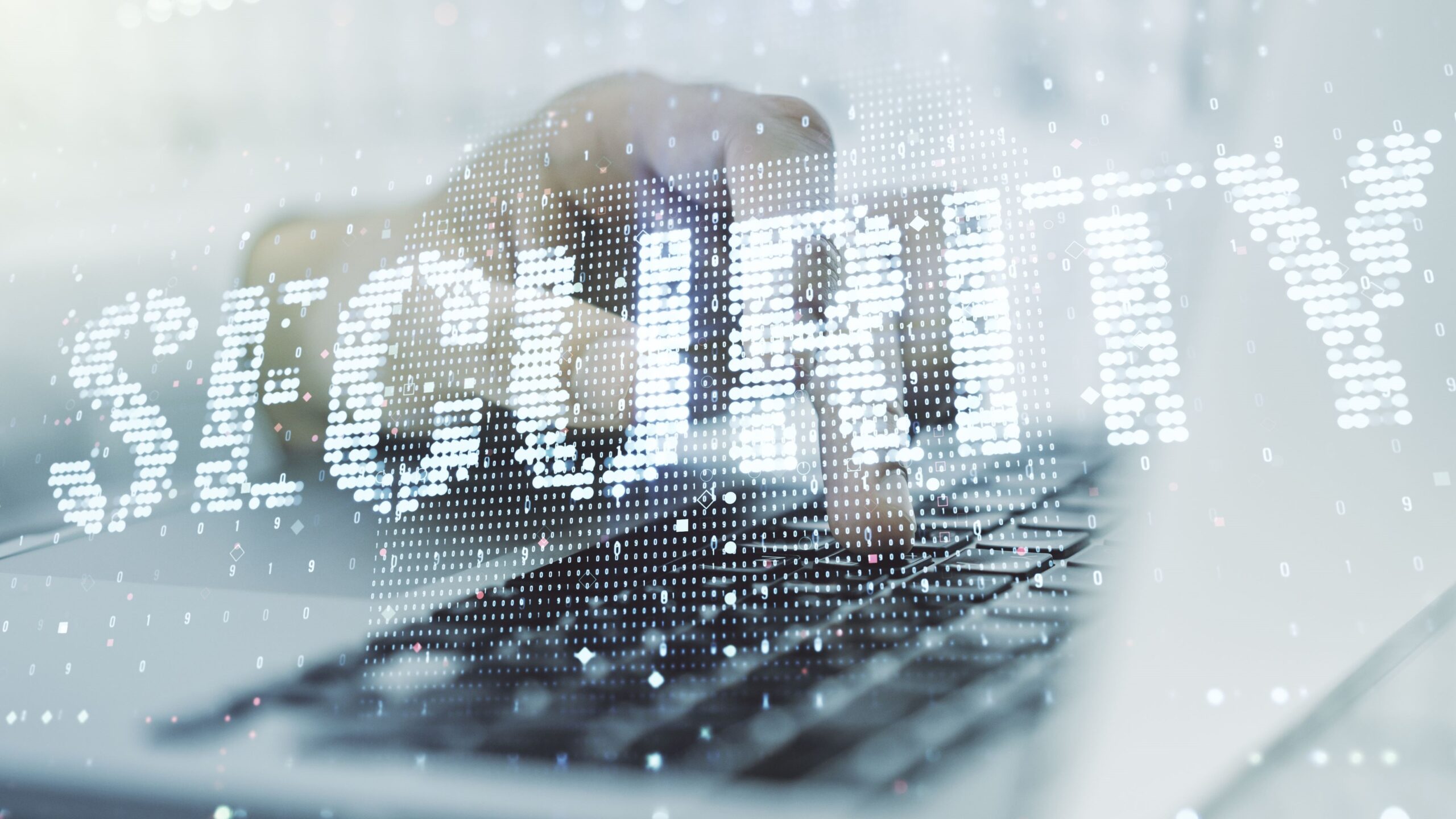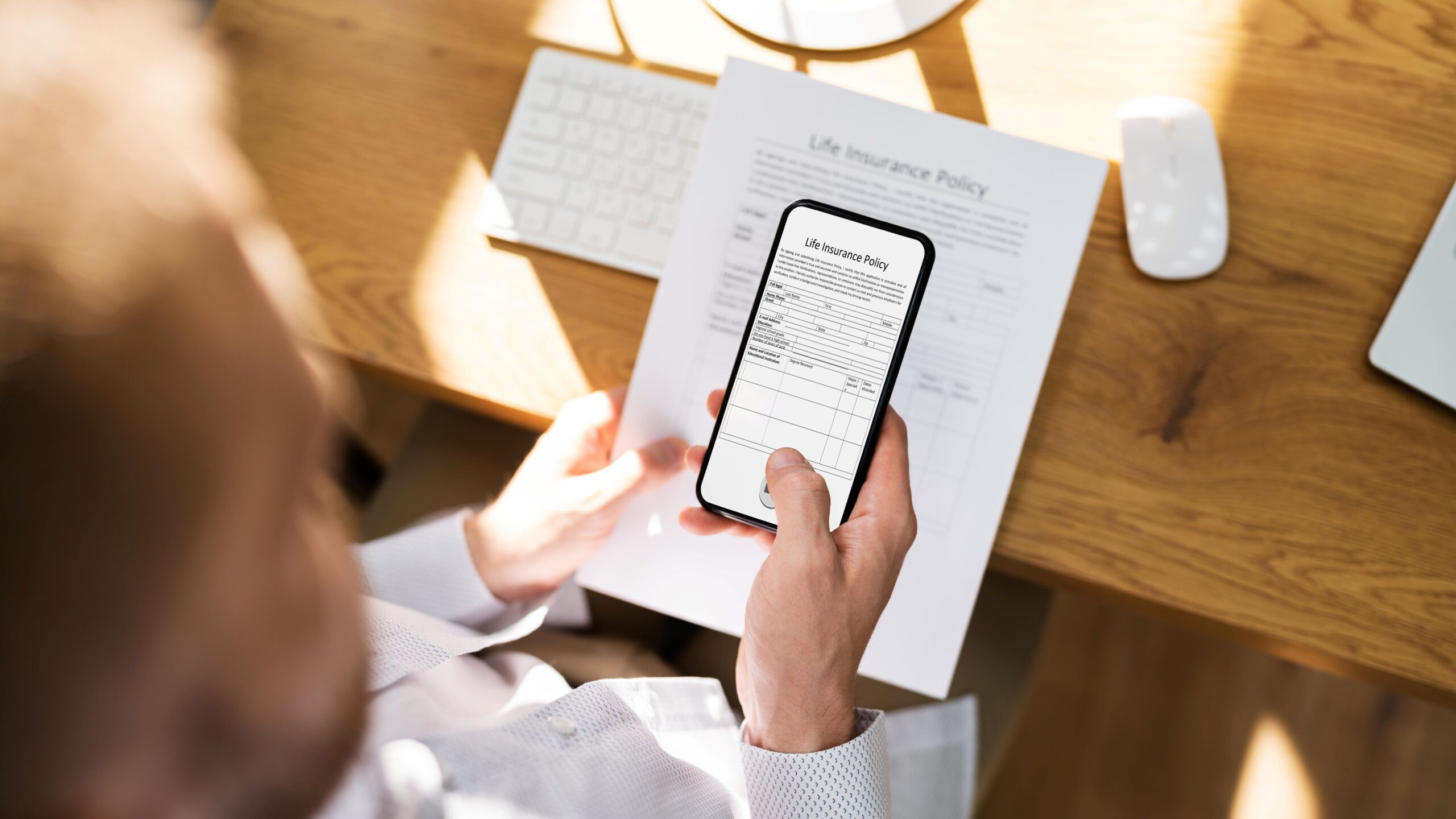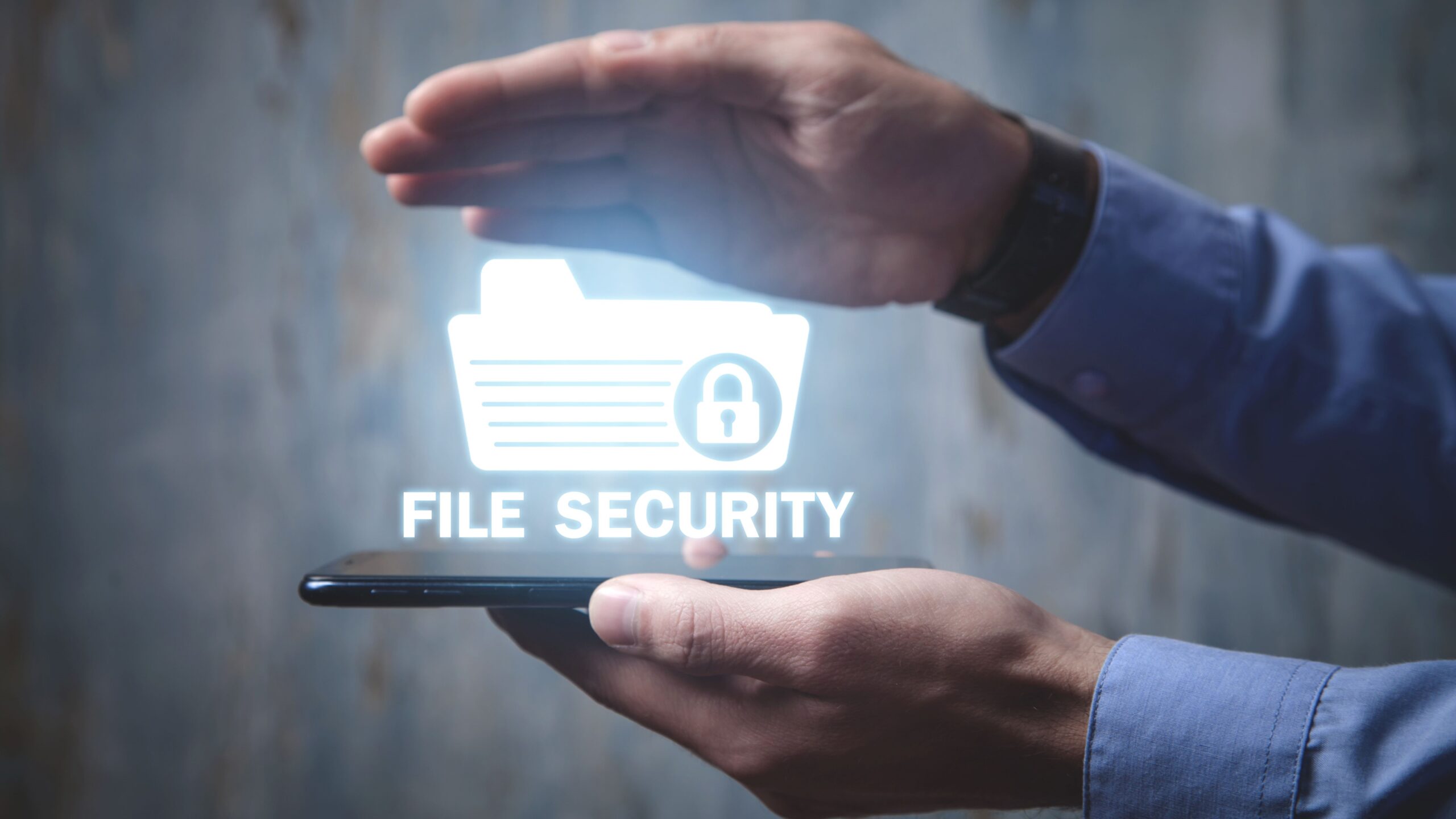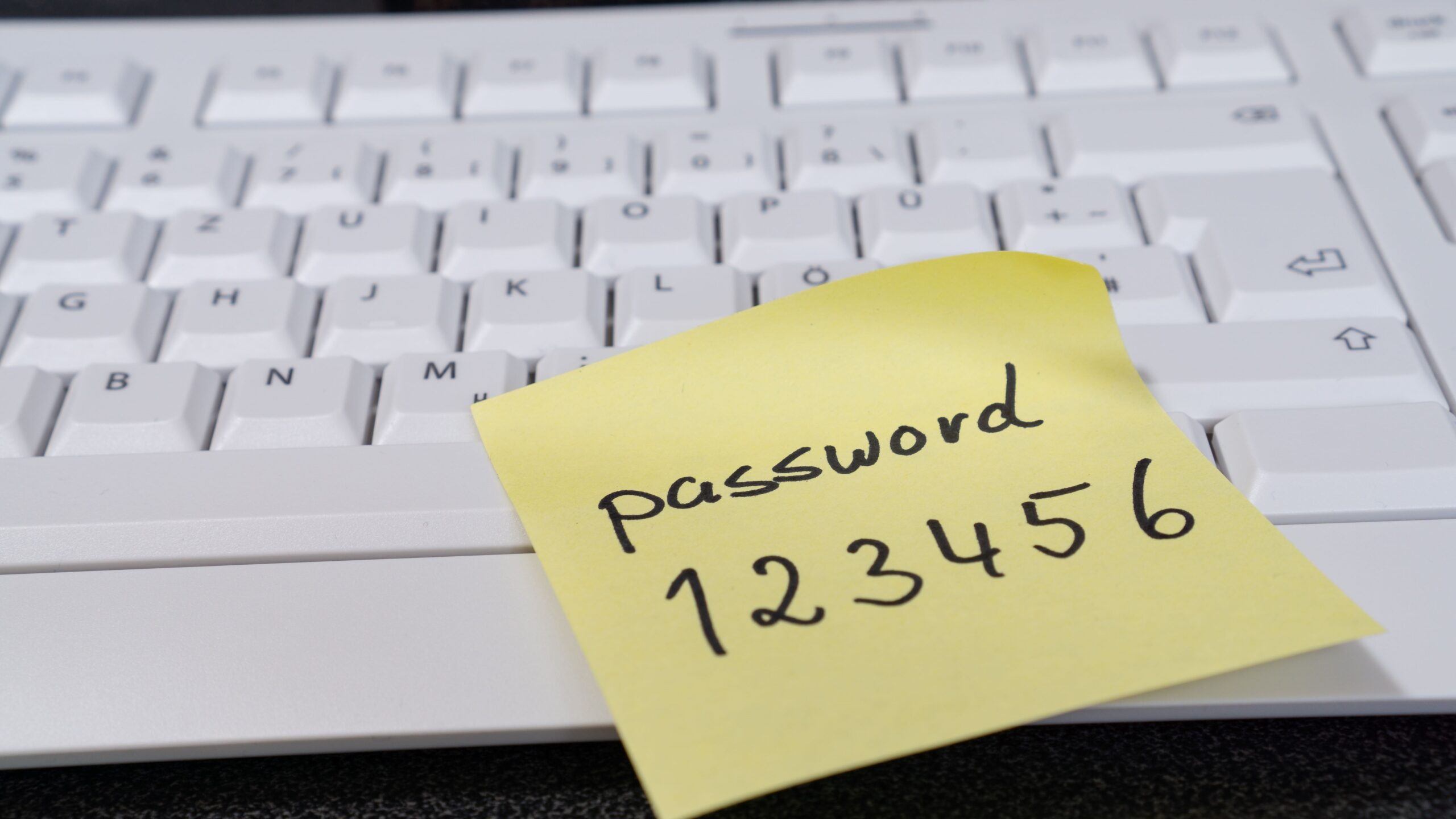In today’s fast-paced digital world, working as a freelancer gives you freedom, flexibility, and control—but it also comes with risks, especially when it comes to keeping your files safe. Whether you’re a graphic designer juggling client projects or a virtual assistant managing sensitive data, file security is not just an IT problem—it’s your responsibility.
The Rise of Freelancing in the US
Freelancing has seen explosive growth in the United States over the past decade, especially with the rise of the digital economy and remote work culture. In 2023 alone, over 70 million Americans participated in freelance work in some capacity. Platforms such as Upwork, Fiverr, Freelancer, and Toptal have opened up endless opportunities for individuals to monetize their skills. From graphic design and software development to writing, marketing, and consulting, freelancing has become a mainstream career path. The flexibility, autonomy, and earning potential appeal to both seasoned professionals and newcomers alike.
However, this massive shift towards freelance work has introduced a new set of challenges—particularly in the realm of file security. Unlike traditional employees, freelancers rarely have access to a dedicated IT department or formal cybersecurity training. This independence leaves them vulnerable to cyber threats, especially when handling sensitive client data, using unsecured networks, or relying on outdated tools. As the freelance community grows, so does the target size for cybercriminals, making it essential for every freelancer to take file security seriously.
Why File Security Should Be a Top Priority
For freelancers, the computer is more than just a device—it’s the entire workplace. Files, project assets, contracts, financial records, and client communications are often stored digitally, and losing access to them could mean losing weeks (or even months) of hard work. If a hacker gains access to your system, it’s not just your data that’s compromised—it’s your reputation, income, and the trust you’ve built with clients. That’s why thinking of file security as “optional” is a dangerous mindset. In reality, it’s as important as any professional skill you possess.
Good file security practices are like putting a lock on your office door, installing an alarm system, and hiring a night watchman—all rolled into one. They create layers of protection that discourage cybercriminals from seeing you as an easy target. Strong passwords, secure file-sharing, encrypted backups, and cautious online behavior aren’t just IT buzzwords—they’re critical habits for protecting your freelance career. When you make file security a top priority, you’re not only defending your digital assets; you’re also safeguarding your business, reputation, and peace of mind.
File Security
File security refers to the practices and technologies used to protect digital files from unauthorized access, modification, theft, or deletion. It’s a combination of tools (like antivirus software and encrypted storage) and behaviors (like setting strong passwords and avoiding suspicious links) that ensure your data stays safe. In simple terms, file security is like locking up your most important documents in a fireproof safe instead of leaving them lying around in a public park. It protects your business assets, intellectual property, and client trust—all of which are essential for any freelancer’s success.
For freelancers, file security is even more critical because many work independently without any corporate safety net. A small oversight like saving client files on an unprotected laptop or using an unsecured cloud service can lead to major problems, such as data loss, privacy violations, or even legal action. Freelancers need to adopt a proactive approach to digital security, just like any small business owner would. That means regularly auditing their file management systems, staying updated on the latest threats, and using professional-grade security tools whenever possible.
Common Misconceptions Freelancers Have
Many freelancers mistakenly assume that cybercriminals are only interested in big corporations or government agencies. The reality is quite the opposite—freelancers are often easier targets because they typically lack the advanced security infrastructure that larger organizations have. This false sense of security leads to complacency, which hackers are quick to exploit. Below are some of the most common misconceptions freelancers hold about file security:
- “I’m too small to be targeted.”
Cyberattacks don’t discriminate based on the size of your business. In fact, small-scale operations are often the low-hanging fruit hackers look for. - “My antivirus is enough.”
Antivirus software is just one part of the puzzle. Without secure passwords, firewalls, and regular updates, you’re still vulnerable. - “I work alone—no one else has access.”
Even if you’re the only user, your device can still be compromised through unsafe networks, phishing emails, or malicious software.
Letting go of these myths is the first step toward stronger digital protection. Once you understand that your freelance setup is just as much a target as any large company, you’ll start to appreciate the need for comprehensive file security practices.
The Most Common File Security Threats
Freelancers face a wide range of digital threats that can compromise their work, income, and reputation. Unlike employees in larger companies who often have dedicated IT departments, freelancers typically operate alone, which makes understanding these risks even more crucial. The most common threats include malware, ransomware, phishing, and insecure public Wi-Fi. Each of these threats can have devastating consequences—from financial losses to permanent data loss—if not managed properly.
| Threat Type | What It Does | Why It’s Dangerous |
| Malware | Malicious software that infects your device to steal, damage, or spy on data. | It can slow down your system, steal passwords, or give hackers control. |
| Ransomware | Encrypts your files and demands a ransom to restore access. | You may lose access to client work or personal projects permanently. |
| Phishing Attacks | Trick emails or websites that steal your login credentials. | A single click can compromise your email, cloud, or bank account. |
| Public Wi-Fi Dangers | Hackers intercept data sent over open networks. | You unknowingly share sensitive info with cybercriminals. |
Malware and Ransomware
Malware is short for “malicious software,” and it includes viruses, spyware, and trojans that silently infect your device. One moment your computer seems fine, the next it’s behaving erratically—programs won’t open, files disappear, or worse, your passwords are being stolen in the background. Malware often hides in downloaded files, pirated software, or even seemingly innocent email attachments. For freelancers, a malware attack can mean losing days of work or leaking confidential client data without even knowing it happened.
Ransomware is one of the most dangerous types of malware. It locks your files—literally—by encrypting them and then demanding a ransom payment to unlock them. You might turn on your laptop one day to see a message saying all your work has been encrypted and you must pay hundreds (or thousands) of dollars to get it back. And paying doesn’t guarantee recovery. Without regular backups and protective software in place, freelancers are especially vulnerable to ransomware, which can be financially and professionally devastating.
Phishing Attacks
Phishing attacks usually come in the form of fake emails, messages, or websites that look real but are actually traps. You might receive an email that appears to be from your bank, PayPal, or a freelance platform like Upwork—complete with logos and official-sounding language. Once you click the link and enter your login details, the attackers steal that information instantly. Freelancers often juggle multiple accounts, platforms, and clients, making it easy to let their guard down just once—and that’s all it takes.
The scary part about phishing is how convincing these fake emails have become. It’s no longer just poorly written spam—many phishing emails are polished and urgent-sounding. They may claim there’s a problem with your account or that you’ve received a payment. If you’re tired or distracted, it’s easy to fall for them. That’s why it’s critical to double-check email addresses, hover over links before clicking, and never enter credentials on a site you’re not 100% sure is legitimate.
Public Wi-Fi Dangers
Working from coffee shops, libraries, or co-working spaces can be great for focus and creativity—but they come with a huge downside: public Wi-Fi networks are not secure. Anyone connected to the same network can potentially intercept your internet traffic. That means when you send files, log in to accounts, or make online payments, a hacker nearby could be silently capturing everything. It’s like having a stranger read over your shoulder while you type your passwords.
Most freelancers don’t realize how easy it is for hackers to set up fake Wi-Fi networks that look real. You might connect to “Starbucks_Free_WiFi,” not realizing it’s actually a hacker’s hotspot. Once connected, they can monitor your online activity in real time. That’s why it’s essential to use a VPN (Virtual Private Network) when connecting to public networks—it encrypts your internet traffic and keeps your data safe from prying eyes.
Why Freelancers Are Prime Targets
Lack of IT Infrastructure
Unlike employees in traditional companies, freelancers usually don’t have access to internal security teams, corporate firewalls, or ongoing security training. That means they must manage every aspect of cybersecurity on their own—from software updates and backups to spotting phishing emails. Many don’t even realize the vulnerabilities in their systems until something goes wrong. And by then, it’s often too late. Without the resources of a full IT department, freelancers must be both the technician and the boss—juggling productivity and protection simultaneously.
This lack of infrastructure makes freelancers a sweet spot for cybercriminals. Hackers know that independent workers often lack the tools and knowledge to fight back or even detect an attack. And because freelancers often work with multiple clients at once, compromising one device can expose data across several companies. That’s a serious liability—not just for the freelancer, but for everyone they work with. It’s critical for solo professionals to invest in their own basic IT setup: secure devices, encrypted cloud storage, and routine security practices.
Working Remotely Across Devices
One of the perks of freelancing is flexibility—you can work from your laptop at home, reply to emails on your phone, or check in on projects from a tablet during travel. But this convenience comes at a cost. Every new device you use becomes a potential entry point for cyberattacks. If even one device is left unprotected, it can compromise your entire system. For example, if your smartphone isn’t updated or has a weak password, a hacker could gain access to your email, cloud storage, or project management tools.
In many cases, freelancers use personal devices for work, which means they’re likely mixing personal browsing, shopping, social media, and business activities all on the same machine. This can expose sensitive client files to threats they were never meant to encounter. Additionally, without synchronized security across all devices, keeping track of updates and vulnerabilities becomes nearly impossible. Freelancers must approach their tech setup as a connected ecosystem—each part must be equally secured to protect the whole.
Handling Client-Sensitive Data
Many freelancers deal with highly sensitive client data—whether it’s financial records, business plans, personal information, or confidential marketing strategies. With such responsibility comes the need for strong security practices. If a client’s data is leaked due to your negligence, the fallout can be massive. Legal issues, reputation damage, lost contracts, and even liability lawsuits could follow. Clients trust you not just to deliver high-quality work, but also to protect the information they share with you.
What makes this especially tricky is that different clients often have different expectations for data handling. One might use Google Drive; another might use Dropbox or require encrypted email communication. It’s up to you to adapt—and to do so securely. That means using strong passwords, encrypting files, and never sharing access loosely. By demonstrating strong file security habits, you don’t just protect yourself—you build trust and credibility, which are essential for long-term freelancing success.




